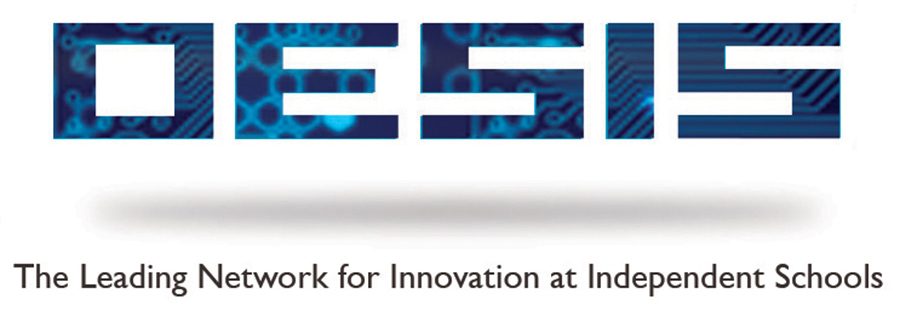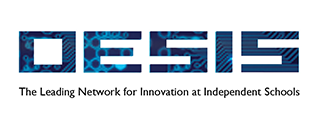
~ 20 minutes
What are the benefits of practicing empathy, for yourself and others?
By actively practicing empathy, people are empowered to deepen their relationships with others. Empathy is the ability to put yourself in someone else’s shoes and understand how they feel. It’s a remarkable ability — and opportunity — to form an emotional connection that fuels insight, trust, and helps us solve problems together.
When someone is acting in a way that makes you angry or uncomfortable, empathy opens you up to the possibility of reconciliation. Instead of making assumptions about why the other person has acted in this way or that way, empathy opens you up to exploring the underlying emotional drivers of that person’s actions. Doing so often results in the formation of an emotional connection with that person, because we realize that they are also dealing with a complex emotional landscape that goes beyond what we see on the surface. Can you imagine how this might be helpful at work and in the classroom?
Increasing empathy helps you to deepen your relationships. It’s the link between self and others, how we connect, heal, and relate. As social creatures, humans are quite literally wired to feel empathy, and making the effort to practice empathy more frequently will bear the fruit of having deeper, more meaningful relationships — which in turn leads to a successful life professionally and personally.
READ this article.
 Neuroscience of Empathy | Six Seconds (5 minutes)
Neuroscience of Empathy | Six Seconds (5 minutes)
Empathy is the ability to put yourself in another person’s shoes and understand how they feel — to be them, even for a second. It’s the link between self and others: how we connect, heal, and relate. Considering its importance in every aspect of our lives, we are taking a deeper look at the neuroscience behind it all — starting with this basic question about empathy.
Is empathy something we are simply born with, or is it a skill that we can practice and improve?
The most recent research suggests that, actually, it’s both. While empathy skills can be learned with coaching and practice, recent neuroscience research has found that humans are, quite literally, wired to connect.
WATCH –or listen to– TWO of the following resources.
![]() Blame and Its Consequences | Brené Brown (3.26 minutes)
Blame and Its Consequences | Brené Brown (3.26 minutes)
Are you quick to blame? Author and motivational speaker Brené Brown dives into the tendency to blame, why it’s so satisfying, and also why it blocks accountability and empathy. A great video to look at a particular nuance — or challenge — to increasing empathy.
![]() Roots of Empathy / Kim Schonert-Reichl (7.34 minutes)
Roots of Empathy / Kim Schonert-Reichl (7.34 minutes)
Kim Schonert-Reichl has studied the effects of Roots of Empathy and says that the program offers teachers a springboard to talk about emotions. Here’s a PBS Newshour story in which Kim talks about this program.
![]() Emotionally Exhausted: Empathy for others can help | Six Seconds (4.15 minutes)
Emotionally Exhausted: Empathy for others can help | Six Seconds (4.15 minutes)
Feeling emotionally exhausted? You’ve struggled with big emotions and maybe you’re feeling numb? Learn how empathy for others can change your emotional exhaustion into human connection. This video explains surface acting and the danger of numbing feelings as Brené Brown warns. It’s normal to feed exhausted in challenging times, both physically and emotionally. Learn more about emotional intelligence, how to use your emotions and get inspired to use empathy to develop human connection.
![]() LISTEN: Hidden Brain Podcast: The Empathy Gym
LISTEN: Hidden Brain Podcast: The Empathy Gym
This podcast contains some excellent explanations around the research about empathy and the implications.
Zaki argues that empathy is like a muscle — it can be strengthened with exercise and it can atrophy when idle. On this episode of Hidden Brain, we talk about calibrating our empathy so we can interact with others more mindfully.

